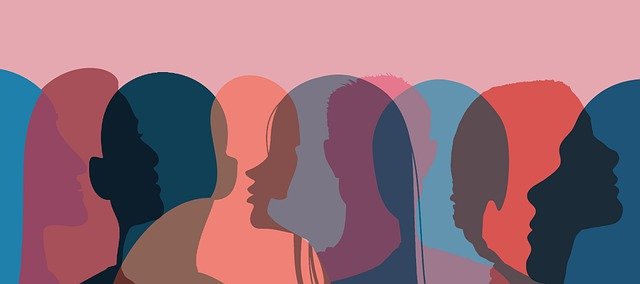At the bare minimum, you expect your healthcare provider to get your name right. And you certainly wouldn’t expect them to call you the wrong name on purpose. But imagine having to teach your doctor how to provide you with care when you are in a state of crisis. Sadly, transgender people face this kind of discrimination regularly when they seek mental health treatment. This is why access to gender-affirming care isn’t just necessary — it’s lifesaving.
Discrimination Against Transgender Individuals
Transgender people are six times more likely than cisgender people to struggle with mental health conditions. Yet they face more barriers to getting the treatment they deserve. One of those obstacles is discrimination at the hands of their healthcare providers.
A wealth of research reveals just how much transgender people endure while trying to access the same mental health services as their cisgender counterparts. Recently, a new study out of the Centre for Addiction and Mental Health (CAMH) in Toronto found that transgender people were more likely than cisgender people to face discrimination when visiting the emergency department or being hospitalized for a mental health concern.
This can happen in a lot of different ways. In a survey of 1,528 LGBTQ+-identifying people, 32% of transgender respondents said that a doctor intentionally misgendered them or used the wrong name. And about 20% of respondents said that a medical provider was abusive toward them. 18% said that a provider flat out refused to treat them.
But discrimination isn’t always blatant. Many healthcare providers don’t have the training needed to support transgender people appropriately. When this happens, they may ask invasive or unnecessary questions about a transgender person’s body that aren’t related to their visit. Or a transgender person may have to teach their provider what it means to be transgender so that they can get appropriate care.
“For a transgender patient, having to teach care providers about the importance of using the correct name and pronouns can be a very disheartening and invalidating experience, ” said Dr. Juveria Zaheer, clinician scientist with the Institute for Mental Health Policy Research.
The reality is that it’s not a patient’s responsibility to teach medical providers how to care for them, especially when they are already in crisis. Transgender people should receive the same quality care as everyone else.
The Health Impact of Discrimination
What’s even more troubling is the fear of discrimination. Fear keeps many transgender people from even seeking mental health treatment in the first place.
In the same survey mentioned above, 22% of transgender people avoided medical care and 40% put off preventive screenings. The fear of how their medical providers would treat them stopped them from seeking medical care. That means that what may have started off as minor symptoms often escalates to something more serious.
“It’s unfortunately not uncommon to see [transgender] people who have experienced such high levels of discrimination and then forgo the routine visits. They then perhaps even forgo an urgent care visit, which then turns into an emergency care visit,” Dallas Ducar, a psychiatric nurse practitioner and founder of Transhealth Northampton, told NBC News.
And when a transgender person finally does get to the emergency room, as the previous study showed, they are still very likely to suffer discrimination.
Finding Gender-Affirming Care
Research has shown that when a transgender youth is allowed to use their chosen name, their risk for depression and suicide decreases. If that simple act can have such a profound effect on a transgender person, imagine how monumental it would be for them to receive mental health treatment that is affirming, respectful, and understanding of their unique life experiences.
While discrimination against transgender people in the mental healthcare setting does exist, there are mental health treatment facilities that currently offer gender-affirming care that is designed specifically for members of the LGBTQ+ community.
Before starting mental health treatment, make sure to do your research and find a facility that has the staff, environment, and treatment offerings that fit your needs. Through gender-affirming care that is designed specifically for LGBTQ+-identifying people, you can get on the path to a better, brighter future. Gender-Affirming Care Isn’t Just Necessary — It’s Lifesaving
About The Refuge, A Healing Place
The Refuge, A Healing Place is a nationally respected provider of treatment for adults who have been struggling with substance use disorders, the effects of trauma, eating disorders, and mental health concerns. Located on 96 acres amid the Ocala National Forest in Ocklawaha, Florida, The Refuge’s campus is an ideal environment for clients to focus on their health. Treatment options include residential care and a partial hospitalization program; compassionate, trauma-informed eating disorder programming at Oak House, an eight-bed on-site residence; medical detoxification and a relapse prevention program; and four-day intensive retreats that incorporate family and friends.







